In case you haven’t noticed, there is a sober revolution sweeping the UK.
Sober raves are now a thing. Bars and restaurants have expanded their choices of alcohol-free drinks to include sophisticated mocktails that look and taste as good as the real ones.
Sober communities are springing up over the place, with people using social media to arrange meet-ups and do fun activities with other sober folk in their areas.
The alcohol-free section of the supermarket is growing too.
Gone are the days when you’d be limited to an uninspiring bottle of Shloer or a dusty pack of Becks Blue.
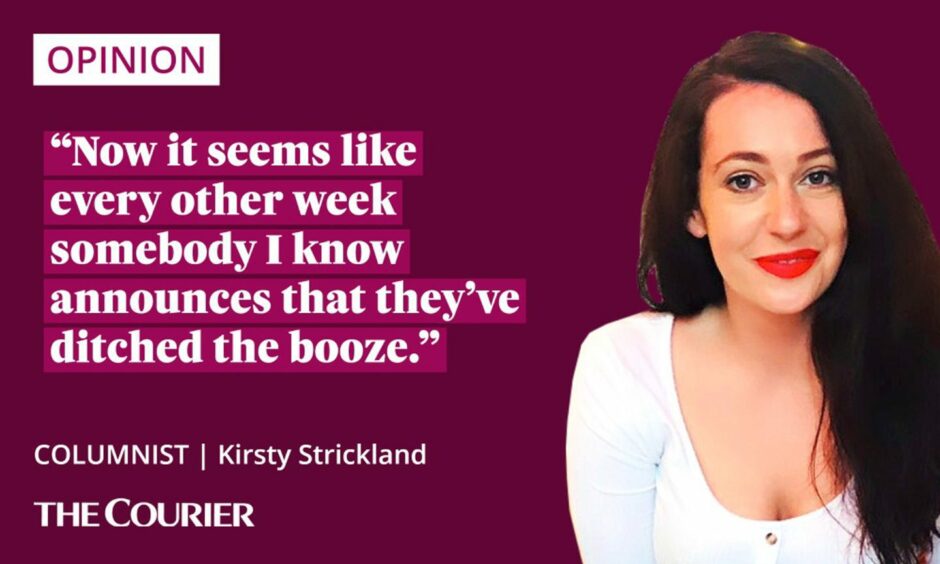
You can now choose from alcohol-free gin, rum, wine and fizz as well as a huge range of craft beers and alcohol free ciders.
I find the UK’s (gradual) shift away from its obsession with booze absolutely fascinating, particularly the way young people are bucking the generational trend.
Staying sober is the new not smoking
Over the past 15 years, young people have turned their backs on alcohol.
A 2021 NHS survey of 16-24 year olds showed that about 38% of them didn’t drink at all in the last year, up from just 19% a decade earlier.
The survey also showed that when the young ones do consume alcohol, they are drinking much smaller quantities than their parents’ and grandparents’ generations did.
Good on them, I say.
Boozing is going the same way as smoking. By the time my daughter is of drinking age, hard drinking will surely be a minority pursuit, rather than the nation’s favourite pastime.
Some sections of our media loves to mock Gen Z for their reluctance to get absolutely smashed.
The experiences and behaviours associated with regular drinking and binge drinking are so normalised anybody who refuses to join in is viewed with suspicion.
But Scotland’s reputation for liking a bevvy isn’t something to be proud of.
It costs the NHS a fortune. It puts pressure on our public services. And it contributes to the mental health crisis that is engulfing the country.
I honestly think in 30 years society will look at alcohol like we look at tobacco today. You can already see it starting—Gen Z consumes 20% less alcohol than Millennials did at the same age.
— Rex Woodbury (@rex_woodbury) August 29, 2022
I’m not preaching here.
Despite my admiration for the sober young things, I’m a drinker. At the weekend I wasn’t slurping a green juice and doing yoga atop a mountain at sunrise. I was on the couch eating a Chinese and drinking prosecco with my boyfriend.
But in recent months I have found myself becoming more curious – and tempted – by the sober lifestyle.
Sober suited me – up to a point
When I was younger, the only acceptable reason for being a non-drinker was alcoholism, or perhaps a recent liver transplant.
Now it seems like every other week somebody I know announces that they’ve ditched the booze.
(I don’t think it’s a coincidence that it’s my most sexy pals and acquaintances that have taken that step, either.)
Outside of pregnancy, the longest period of sobriety I’ve done in my adult life was 100 days. It was during Covid and it was brilliant.
I remember feeling a really intense sense of calm and contentment. My sleep was improved and I found I had more energy and greater patience.
Around that time, I also became an utterly insufferable bore about the benefits of taking a break from booze.
But there was no question that it would be forever. The 30 days I had originally planned might have turned into a hundred, but I struggle with commitment at the best of times, so forever just seemed like too big a step.
What came first, the alcohol problem or the mental health problem?
For many people, it’s an impossible question to answer. Alcohol use is often just one factor in the complex challenges someone faces in their life.
Find out more about dual diagnosis: https://t.co/tTXyWWPu0j pic.twitter.com/OpvuTjc5HF
— Alcohol Change UK (@AlcoholChangeUK) March 18, 2023
Still, the evidence for going down that path is compelling. And it’s a route that increasing numbers of people are choosing to follow.
Good reasons to give it up
One question I keep returning to is this: if alcohol was a brand-new product, would any of us buy it?
If all the dangers – both short and long-term – were laid out clearly, would we see any real benefit to taking that first sip?
Maybe some would, out of curiosity.
But the majority wouldn’t.
That might be an uncomfortable thought for those of us who are fond of the taste, ritual and associations we have with alcohol, but I think the newly and long-term sober among us probably have the right idea in removing it from their lives for good.
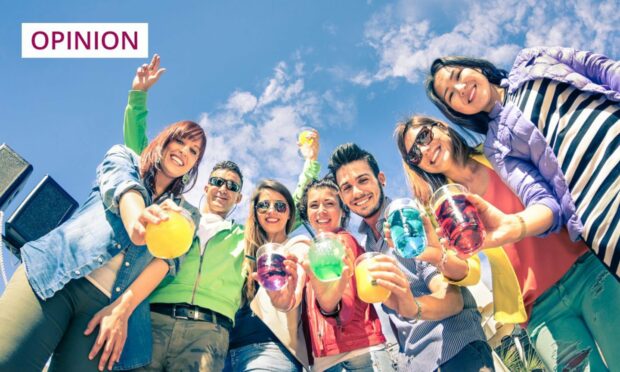
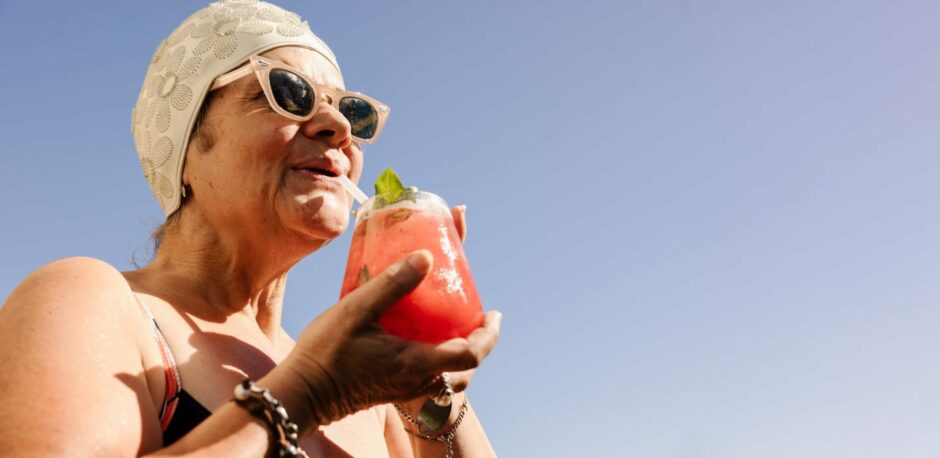
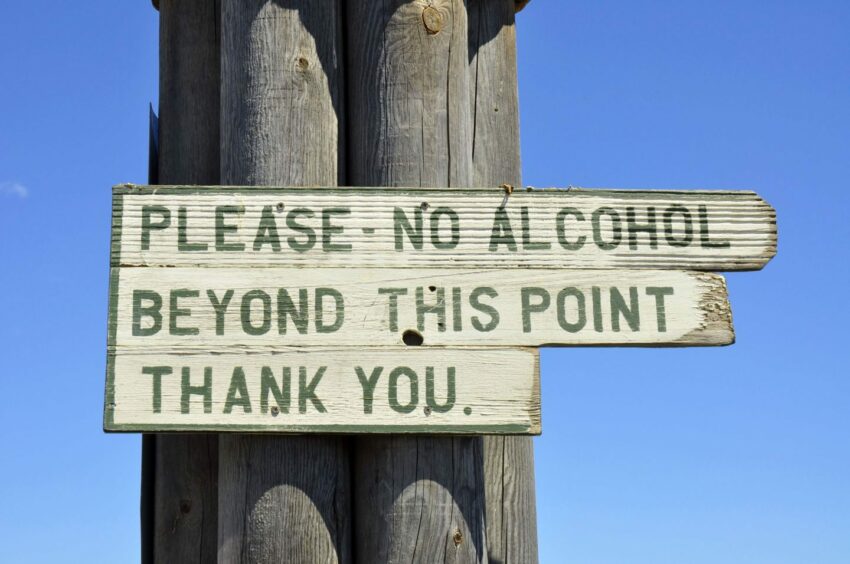








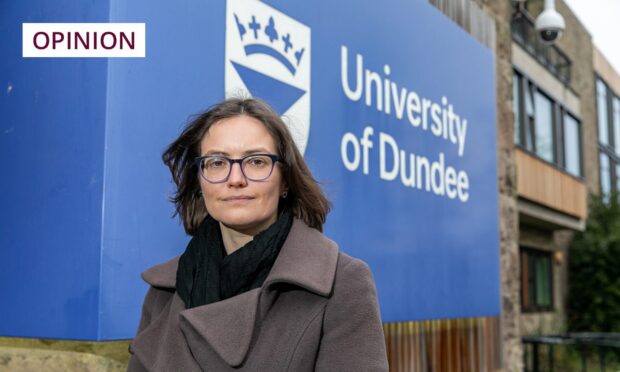

Conversation